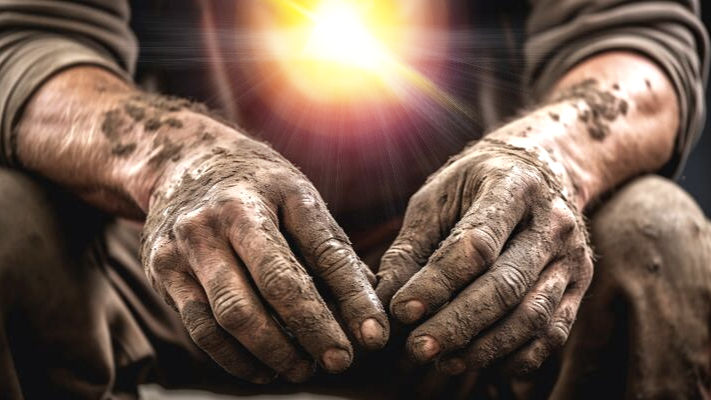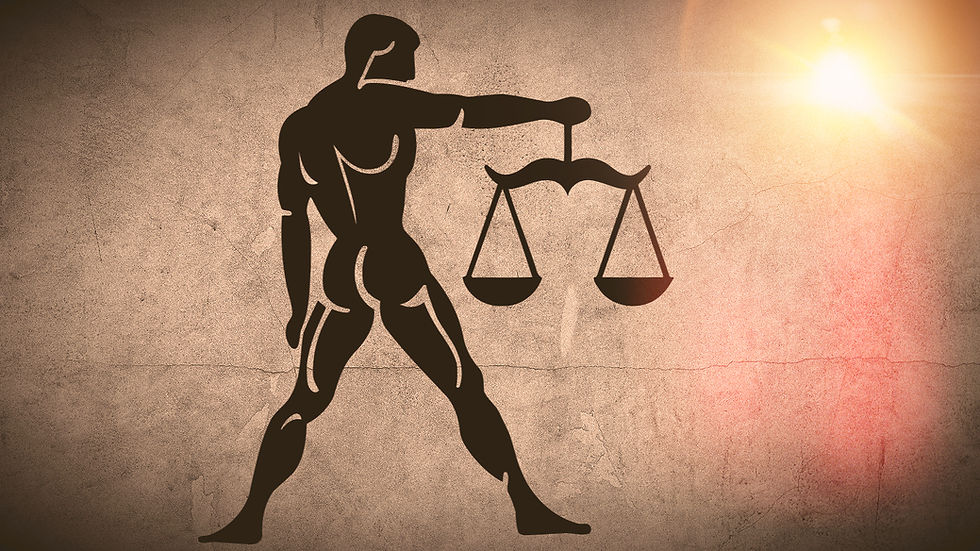Dealing with Grief and Loss
- Sep 8, 2022
- 5 min read
Updated: Jun 10

This week I'm thinking a lot about loss. First there was the recent death of my dog, Saski. She was 16 years old. She was one of my two canine companions when I lived in New Orleans. I was single, in my 30's, improving my career positioning while working on personal self improvement goals, just like many of my clients. Now I'm 51, have a family, reside in San Diego, and with Saski's passing our once four-dog-strong pack was reduced to no dogs and two rescued "Covid cats". It was definitely tough pulling the trigger on her euthanasia; but more, it really drove home the reality that a chapter was ending. My partner Celia and I met in a dog park in the French Quarter for our first date.... her with her two dogs, me with mine. Now those dogs are gone, which has left us with just the cats (and a 12-year-old son who is suddenly becoming quite the little teenager guy). So there's that. Then there are the stories that I hear while coaching, which I do my best to leave at the office, yet which invariably end up following me home..... either because I'm ruminating on them, or because a client is reaching out for support in DM's on our Discord sever. For instance: a few days ago a young client of mine lost his 60-year-old mother-in-law. This is a guy who staunchly serves as an exemplary naval officer, is a model husband and father, and carries himself with the decorum of a stoic. He practices strict self-discipline, and generally refuses to let his emotions be swayed beyond his reason. Confused by his body's reaction to this mortality event, he texted me asking for insights into the eye-water that was apparently dripping down his face. I explained that those are tears. They happen when you're sad. Like most men, he compartmentalizes his feelings. He feels for his wife. He feels for his daughter. He feels for their unborn child (the wife is pregnant) who will never meet their grandmother. He's in his early 30's, realizing with new perspective that his own parents aren't getting any younger, and that time really is precious. He's having a moment of clarity in which he feels regret for missed opportunities, and anxiety about making sure to be present and seize the day moving forward. Most of all, he feels inexplicably cold and hollow inside, because something that was there isn't there anymore. He's experiencing loss. He lost someone, they aren't ever coming back, and that sucks. Period.
Somewhere in another part of the continental US, another client, a young professional in his early 30's -- married, home-owner, trying for months to get his wife pregnant -- just found out after a successful intrauterine insemination (IUI) procedure that the fetus self-aborted. He texted me from the doctor's office quietly devastated. This is a pretty jolly guy from the midwest; very jovial, hard worker, not a complainer, always sees the glass half-full. Not this time. Dude's gravity was real.
We don't hear many stories about a guy's sadness when his wife miscarries, since comforting her through the physical and emotional trauma she will invariably experience is obviously paramount. Also, notions of traditional masculinity preclude us from saying things like, "I'm heartbroken, I just lost a baby." I mean, that's exactly how you feel, but it's culturally awkward for us to make statements like this to each other as men. So yet again, you shut your mouth and deal quietly with the loss. It can feel like a the hunk of ice embedded in the middle of your chest. You feel sadness, anger, and depression. It hurts, it sucks, and that's that.
Often the advice we get as men when it comes to dealing with this level of sadness and grief is to just "man-up" and deal with it. "Shit happens. Suck it up, buttercup." Frankly I don't agree with this approach.... at least not exactly.
Whenever I'm asked why I chose the term "Man-UP! Life Coaching" (MULC) for my business, I explain that it is intended as a double-entendre. On one hand, I am somewhat manipulatively activating the shame that we feel as men when weakness hinders our productivity. "Oh you're stuck in life because of your feelings? Man the fuck up, pussy!" But on the other hand, once a guy gets on a lead call with me, there's admittedly a bait-and-switch. I know what he's feeling. I know it sucks. I know he's ashamed, because we literally aren't allowed to acknowledge and give in to our feelings without being demoted as beta-males, girly men, etc. Boys don't cry.... yada yada.
The real message behind the Man-UP! moniker -- as literally illustrated when I first conceived the MULC logo as a stickman with an arrow for a spine, pointing upwards -- was that here we help men who are DOWN to get UP. And whether or not it's convenient, feelings are real and they affect us both consciously and subconsciously.
In the aforementioned lead call, the guy shows up feeling like shit because he can't make forward progress, he can't figure out why, and he's half-expecting to be berated into acting like a "real man". He discovers however that, rather than adopting a macho drill sergeant tone, I assure him with the fatherly manner of a veteran high school guidance counselor that these feelings are typical, they're nothing to be ashamed of, and there are protocols for managing his emotions and working to achieve an optimal mindset.
So back to loss and grief. When you experience loss, it is natural and appropriate to go through a grieving process. There should be absolutely no shame in feeling these feelings, or admitting that their effects can be debilitating. Something gets under your radar, you get hit in the heart, and suddenly it's man down. It happens to the best of us. Getting back up means acknowledging your feelings of loss, accepting what you cannot change, and making peace with it all. This sounds simple enough, but it can be frustratingly difficult if you are in the habit of compartmentalizing your emotions, which is how many men operate.
You also have to make an effort to grind through the motions of your daily routine, even though it will feel like you're doing it wearing a full suit of armor. Every step will feel heavy; even simple things like eating, chewing, and swallowing will feel like hard work. You have to do them anyway. This is where discipline is clutch, and where good old fashioned manning-up is valid. You have to make a plan. Then you have to execute your plan. And if along the way the gloom starts to envelope you, and you feel the blues pulling you down into a bottomless pit, that's where you fight! You have to bring the same intensity that you bring to the gym, even if it's just to motivate yourself to get out of bed, brush your teeth, wash the dishes, or fold your laundry.
The good news is that with every fight you put up, it gets a little easier, and you get a little stronger. Actually you get a lot stronger. And when you finally end up on the bright side again, you'll feel not only indescribably grateful, but gripped with an urge to pay it forward by helping someone else who is going through a similar experience.




Comments